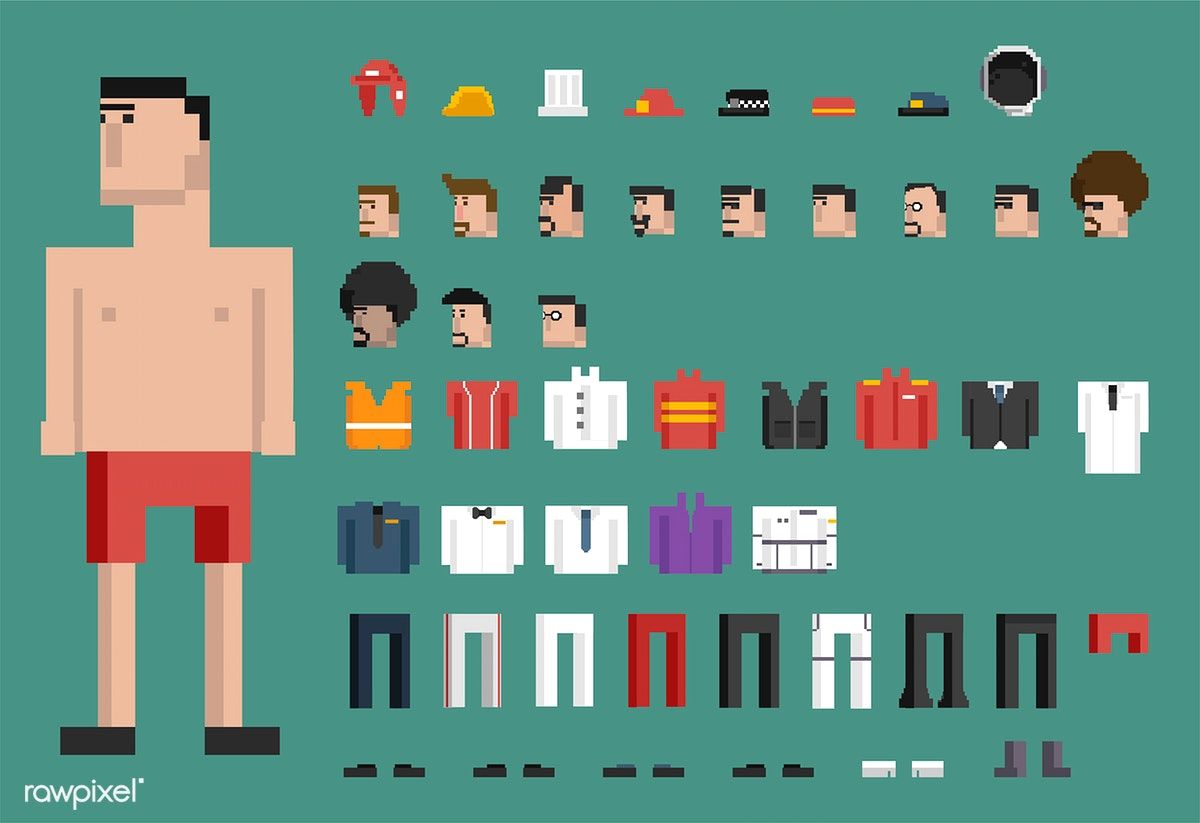
CONTACT PD: pdcoolthings@gmail.com
INTRODUCTION
In this issue PD continues with manners in the workplace. The issue of starting and finishing at a workplace is perhaps one of the most difficult topics; this is where a slip may be very expensive, and PD does not mean only financially. It may set your career back. As always, there are a few pointers, and remember to think carefully before saying or doing anything that may be appropriate, no matter how justified you may feel in acting rashly.
![]()
GETTING HIRED
Getting hired depends on many things, and it is beyond the scope of this discussion to delve into things such as how to apply for a job, how to write great CV and so on, however a few pointers are appropriate.
![]()
For your job interview the same rules apply as for any appointment.
This means dressing appropriately and brushing up on information about the company. Also prepare some questions that you may want to ask.

Be on time or a little bit early but never late. It may be a good idea to leave yourself extra time to get there in case of unexpected circumstances, such as heavy traffic, road works or a car accident (hopefully not involving you). If, despite all your efforts, it looks as though you will be late, ring the office and let them know, apologising and giving the reason, and asking whether it will be okay to arrive at your estimated new time. Always tell the truth, not even a “white” lie.
Throughout the interview be polite. You do not have to volunteer information that may reflect badly on you but answer questions honestly.
STARTING A NEW JOB
On your first day arrive appropriately dressed. As with your interview, arrive on time or a little bit early.
![]()
You may be introduced to many people and not remember all of their names. People will understand. If you forget someone’s name, apologise and ask for it. Carry a little notepad and pencil, and write down names and job titles.
LEAVING A JOB
There may come a time when you decide to move to another job, either in the same company or in a different company. Perhaps opportunities for advancement are limited where you are, you have been head-hunted or you decide that you would like change.
![]()
Do not boast about your new position. Politely inform the boss and thank him and everyone for the opportunity to have worked there. If asked why you are leaving, be polite. Make sure that your projects are all complete or give a detailed handover to others.
![]()
Never burn bridges; always leave on good terms. You never know what the future holds. Your new job may not turn out well and you may want to return to the company that you have left. Your old boss may know your new boss, or may become your boss if he is also joining your new company, even if you were not told of this. The two companies may merge and you may be back with the same old team.
BEING FIRED
This is the hard part and requires a lot of self-restraint. Assuming that you are not being fired for having done something wrong (if you practice good manners this should never be the case), companies shed people for a variety of reasons, including a downturn in business, being taken over by another company which decides that it has too many staff on hand, or it is “restructuring”.
![]()
Whatever the reason, you should be gracious about the situation and leave on good terms, no matter how hard this is to do and how bitter you may feel. Never threaten anyone or the company itself. Just like in the section above, you may find yourself back with people from your old company. In many cases, people who have been let go end up with a better job than before.
NEXT ISSUE
Next up, PD ventures into the homes of people living together.